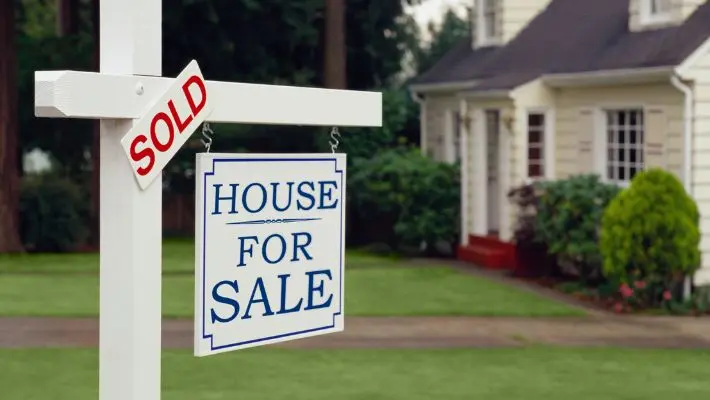
What is a Short Sale?
Short sales can be appealing to buyers, but they come with risks to consider compared to a typical home sale. Here's what you need to know.
For home buyers seeking a home for a lower price, a short sale can be an enticing route to pursue. But this type of transaction is a lot more complicated than a typical home sale and throws more risk into the equation. Here’s what you need to know about what a short sale is, how it happens, and how it can impact you as a home buyer.
What is a Short Sale?
A short sale occurs when a homeowner is in dire financial straits, leading to missing mortgage payments. Rather than allowing the home to go into foreclosure, homeowners in this situation can opt to pursue a short sale. In order to avoid foreclosure, which is time-consuming and expensive for the mortgage lender, the homeowner can apply for a short sale with their lender.
A short sale takes place when the homeowner’s lender reviews the homeowner’s application and approves it, which then allows the owner to sell their home for a lower price than what they owe on their mortgage loan. In turn, the lender agrees to accept this payment method and forgives the difference, which releases the current homeowner from their mortgage loan debt.
Let’s say the homeowner sells their home for $225,000 while still owing $275,000 on the mortgage loan. The difference of $50,000 — barring any closing and associated costs of selling — is called the deficiency balance, which is the amount the mortgage lender will forgive.
Are Short Sales Guaranteed?
While mortgage lenders also want to avoid embarking on the foreclosure process, applying for a short sale doesn’t always mean a lender will agree to allow it. There are two main factors mortgage lenders consider when they evaluate approving a short sale:
- The property must be currently worth less than what the homeowner owes on the mortgage loan for it. To confirm this value, the mortgage lender reviews recent sales of similar properties.
- The homeowner must be able to prove they’re under financial duress — they can’t just apply for a short sale for the sake of it. They must have proof they don’t have the income or any assets to pay off the remainder of the mortgage loan.

Without these two key elements, the homeowner will likely face having to foreclose on the home. The application process is paperwork-intensive, time-consuming, and incredibly involved since it’s a tremendous risk to the lender. Most short sale application processes can take around a year’s time, impacting all parties — and potential buyers.
I’m a Home Buyer. What Does a Short Sale Mean for Me?
As a home buyer, the lower price of a short sale home can be extremely appealing. Before you pursue a short sale, it’s important to know it does come with plenty of pros and cons you must carefully weigh before moving forward.
The Pros of a Short Sale
Wondering why you might want to buy a short sale property in the first place? There are some advantages for buyers. Although we shared earlier that the mortgage lender will price the property based on current market value, the lender is also very motivated to sell the house to help mitigate their losses. What does this mean for you? You might be able to snag a better price on the property than you would if you bought it through the typical home selling process.
Because short sales are so complicated and lengthy to get through, you could also have a competitive advantage if you pursue this type of property. Short sales are fairly uncommon, unless the market experiences a severe downturn (like in 2008), so sellers don’t tend to take this route. If you do come across a home undergoing a short sale, you’re less likely to have other buyers to bid against.
The Cons of a Short Sale

There are still downsides with this risky type of property purchase. The biggest negative upfront? The time it takes for a short sale to even get approved by a mortgage lender. If you have a life change motivating your home shopping, or simply aren’t interested in playing the waiting game, a short sale may not be the best option for you.
There’s also a lot of risk involved with a short sale home. Most of the time, short sale homes are sold as-is, meaning you don’t get the usual things like a seller’s disclosure or the opportunity to negotiate. Because the homeowner has entered a short sale due to being under severe financial constraints, you’re also at risk of having a lot of work to do to properly inspect the property and cover all bases for repairs and updates. This can end up negating the savings you may see upfront.
If you’re curious about pursuing a short sale property in your area, you’ll need the hands-on expertise of a highly-skilled real estate agent. Look no further than RealEstateAgents.com, where you can get in touch with top performing, most trusted real estate agents in your area today. Get started today.






